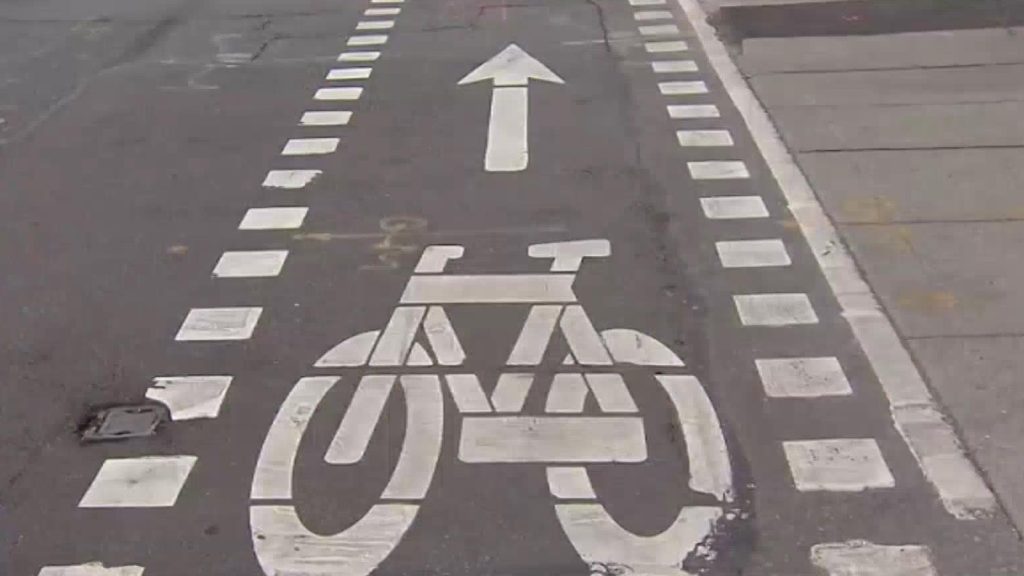Ending drug decriminalization won’t save lives, B.C. minister says on anniversary

Posted January 31, 2024 2:06 pm.
Last Updated January 31, 2024 5:42 pm.
VICTORIA — British Columbia’s Mental Health and Addictions Minister Jennifer Whiteside says ending the province’s three-year drug decriminalization project won’t save “a single life,” as the experiment comes under political pressure and the overdose death toll continues to rise.
Whiteside said in a statement marking the one-year anniversary of the start of the project that its goal is to reduce shame and make addicted people more comfortable reaching out for help.
On Jan. 31 last year, Health Canada enacted a three-year exemption under the Controlled Drugs and Substances Act allowing adult drug users in B.C. to carry up to 2.5 grams of opioids, cocaine, methamphetamine and ecstasy for personal use.
The exemption came amid an overdose crisis that has claimed almost 14,000 lives in B.C. since a public health emergency was declared in April 2016.
Deaths due to suspected illicit drugs hit a record 2,511 last year, something Whiteside called “concerning.”
She said toxic drug deaths were increasing across the country and B.C. was no exception.
“Ending this measure will not save a single life,” Whiteside said in the statement.
“As the toxicity of illicit street drugs continues to increase, more people are at serious risk.”
She said there was “no single solution” to the emergency, and the government would continue to use “every tool available to save lives and connect people to care.”
B.C.’s retiring chief coroner Lisa Lapointe has called for the government to introduce the non-prescription safe supply of drugs, something Premier David Eby rejects.
Eby last week called it a “fundamental issue” of disagreement with Lapointe.
Decriminalization has brought criticism from municipal and opposition politicians, who say it has allowed open drug use in public places.
The opposition BC United party has said it would immediately end decriminalization if elected in October, calling it a “failed and reckless” strategy.
Nicole Luongo with the Canadian Drug Policy Coalition said she didn’t know if advocates in the drug policy world were prepared for “how severe the backlash to (decriminalization) would be.”
“We expected some, and again, I attribute that to the kind of very muddled messaging from the government about what it was supposed to achieve,” Luongo said.
Luongo said decriminalization “didn’t go nearly far enough” from the outset, with “arbitrary” possession limits of 2.5 grams.
She said these “open the door for things like discretionary policing, which we know kind of is heavily imbued with bias and tends to be targeted towards poor and racialized populations.”
She said that the “vast majority” of people who use drugs do so recreationally, don’t identify as addicts and wouldn’t benefit from treatment.
“Nonetheless, they are at imminent risk of death because of how toxic the unregulated drug supply is, so what we really need to do is pivot towards looking at responsible regulation of drugs and making sure that people who already use drugs have access to them in a known potency and quality and quantity,” she said.
Luongo said political “rhetoric” about drug decriminalization got in the way of addressing underlying issues of poverty, homelessness, and “precarity” in general.
“When you pay really close attention to the rhetoric around drug use in public spaces, the same people expressing anger (and) discomfort I would predict would not be super uncomfortable with someone, for example, who worked in tech or finance doing a line of cocaine at a party,” she said. “So it’s not fundamentally about the drug use so much as it is the poverty.”
The coalition marked the decriminalization anniversary with the release of a policy document on Wednesday called the “Vision for BC Drug Policy.”
It said the document was “aimed at ending the unregulated drug crisis and fostering healthy communities,” describing drug use as morally neutral and saying many harms blamed on drug use were actually a result of “prohibitionist drug policy environments.”
Some municipalities have pushed back on public drug use since decriminalization. The provincial government responded with legislative changes expanding areas where drug use is prohibited.
But a nurses group challenged the law in B.C. Supreme Court, and a judge temporarily stayed the legislative changes in December, citing the potential for “irreparable harm” to those who use drugs should the law take effect.
The B.C. government is appealing the decision.
Police in B.C. have also expressed disappointment in the court ruling, while supporting decriminalization.
Deputy Chief Const. Fiona Wilson of the Vancouver Police Department, who is also president of the B.C. Association of Chiefs of Police, said in a statement issued by Whiteside’s ministry that police leaders “stand committed in our desire to not criminalize those who use drugs, but to redirect individuals to alternate pathways of care.”
“This is a complex public-health crisis that we must continue to work together to address as we know the overdose crisis continues to devastate communities throughout British Columbia,” Wilson said.
This report by The Canadian Press was first published Jan. 31, 2024.
The Canadian Press








